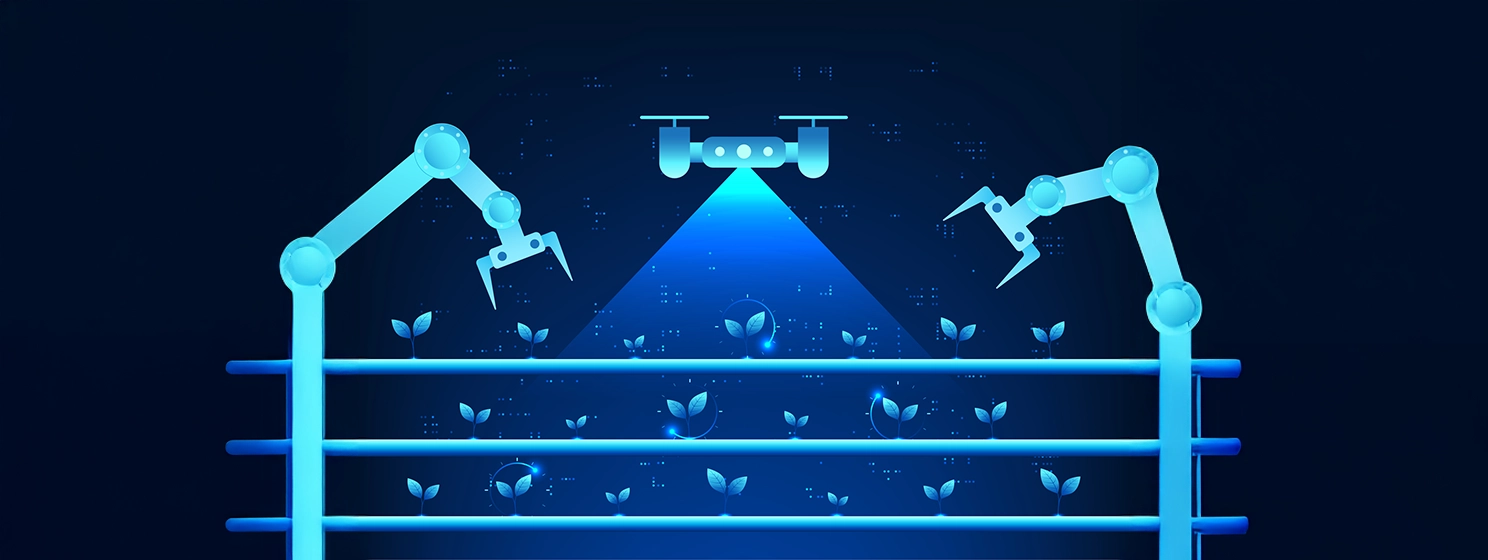|
Getting your Trinity Audio player ready...
|
Japan will train over 30,000 African students on artificial intelligence (AI) in the next three years as part of an extensive plan to boost development, create employment, and promote innovation. The East Asian nation also intends to invest billions in other sectors in Africa to counter China’s influence in the region.
Meanwhile, African countries are rapidly harnessing AI to solve perennial challenges. In Malawi, small-scale farmers rely on technology to improve their farming practices, predict climate changes, and optimize their crop selection and planting schedules.
Japan’s AI diplomacy
Japan has a plan to train African students was unveiled during the ninth edition of the Tokyo International Conference on African Development (TICAD). Announcing the initiative, Prime Minister Shigeru Ishiba affirmed Japan’s deepening partnership with Africa, which he says is now vital as China’s influence in the region grows while the United States’ wanes.
“Japan’s goal is to support the training of 30,000 AI experts over the next three years to promote digitization and create jobs,” he stated.
TICAD is an annual summit that brings together the Japanese government and private sector with African nations to promote the region’s development. Established in 1993, it’s co-hosted by the World Bank, the United Nations, and the African Union.
This year’s event was attended by 50 African nations, including the Nigerian, South African, and Kenyan presidents. It culminated in the Yokohama Declaration, in which Japan pledged to partner with African countries in trade, technology, health, energy, and sustainability.
“Africa must have a stronger voice in shaping the decisions that affect its future,” stated UN Secretary-General António Guterres in his speech at the opening ceremony.
The AI training will be spearheaded by Matsuo-Iwasawa Lab, a research lab at the University of Tokyo led by Japan’s most prominent AI researcher, Prof. Yutaka Matsuo. The lab will collaborate with up to 30 African universities to offer AI-related courses, from handling AI datasets to integrating the technology in business.
Students who complete the training will be offered opportunities to work at Japanese AI companies to prevent poaching by Western and Chinese firms. It will tap into the Japan-Africa Co-Creation for Industry program, which connects Japanese and African companies, for talent matching.
Japan’s renewed investment focus in Africa aims to reestablish the country’s presence on the continent amid a rise in China’s influence. It intends to counter China’s debt-led diplomacy by focusing on developing the region’s human capital and digital innovation.
Japan has lagged in AI, with only one in three residents using the technology in the past year, according to the latest government data. In comparison, over 80% of Chinese nationals have used AI.
One of its challenges is a talent deficit; according to the Ministry of Trade, it will face a shortage of 790,000 software engineers by 2030. The government’s investment in AI training in Africa and the talent exchange program could enable the East Asian country to tap a vast market as it seeks to keep up with China and the U.S. in the AI race.Malawian farmers tap AI to improve yield, predict climate
In Malawi, farmers are turning to AI to improve their farming practices, predict weather patterns, and boost their yields.
Malawian farmers have been relying on Ulangizi AI, a new chatbot developed by Chicago-based nonprofit Opportunity International, for information such as location-specific weather forecasts and early warnings on adverse weather conditions. The chatbot also helps them with long-term planning, including which crops to plant each season based on predicted climate.
The chatbot, whose development was also supported by the Malawian government and Paris-based AI consultancy Artefact, delivers the information via voice and text in English and Chichewa, Malawi’s national language.
“With Ulangizi, generative AI brings knowledge, power, and agency to people, even if they have limited educational opportunity or literacy. AI is a new enabler for supporting individuals who are the most excluded, so we can end extreme poverty in our lifetime,” commented Greg Nelson, the chief technology officer at Opportunity International.
Malawi’s most important sector is agriculture, employing over 80% of its 21 million citizens. However, the country is often hit by natural disasters, from floods and tropical storms to droughts and strong winds, which usually cause widespread destruction and disrupt farming patterns. In 2023, for instance, the country was hit by Cyclone Freddy, which claimed over 1,200 lives and resulted in damages worth over $680 million.
In order for artificial intelligence (AI) to work right within the law and thrive in the face of growing challenges, it needs to integrate an enterprise blockchain system that ensures data input quality and ownership—allowing it to keep data safe while also guaranteeing the immutability of data. Check out CoinGeek’s coverage on this emerging tech to learn more why Enterprise blockchain will be the backbone of AI.
Watch: How AI is changing YouTube (according to a Google leader)

 02-15-2026
02-15-2026 




